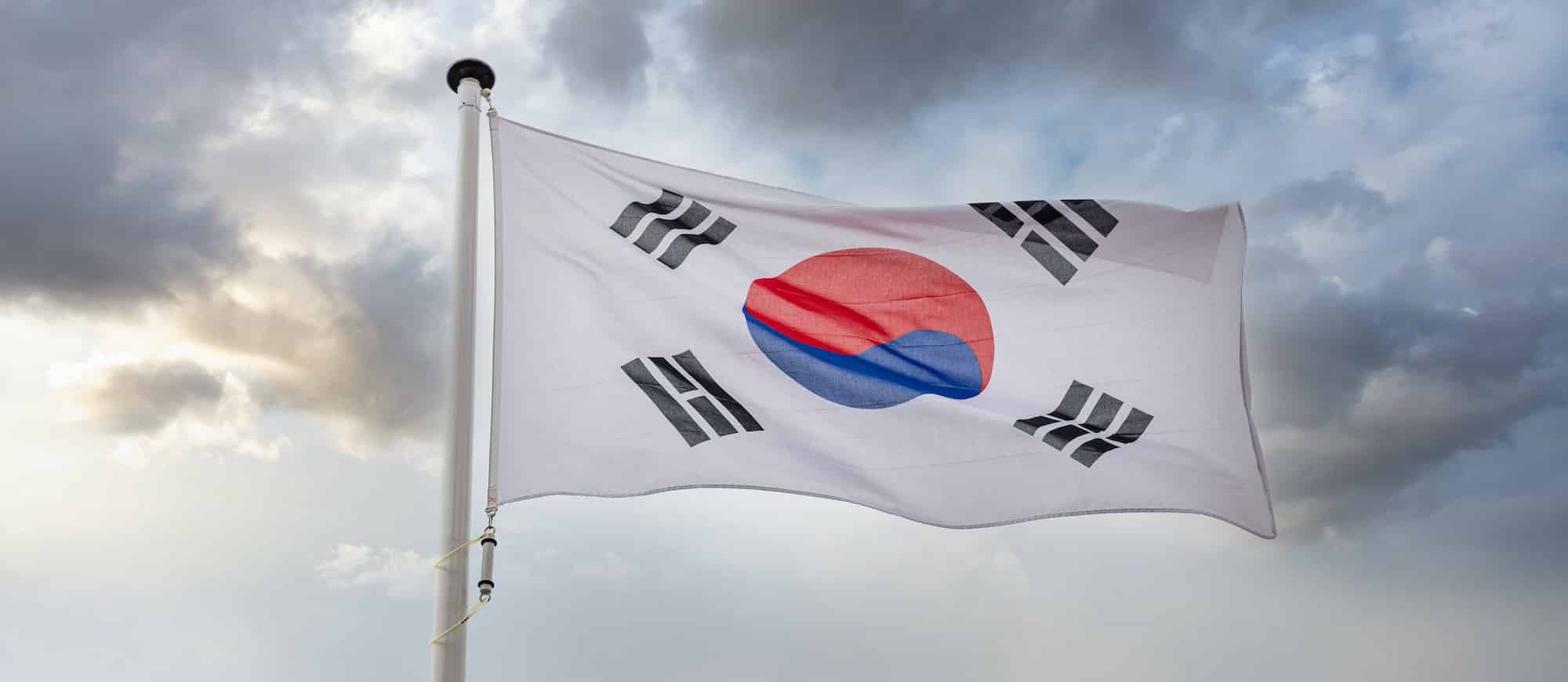The Portuguese government wants to boost investment and economic cooperation with South Korea in semiconductors, from research to assembly, and in renewable energy – two rapidly expanding sectors in the Asian country.
These will be among the main goals of the Portuguese government delegation led by Prime Minister António Costa, who arrives in Seoul Tuesday morning for a two-day visit to South Korea — a country that is the 10th largest economy in the world and the fourth in Asia after China, Japan and India.
Regarding the semiconductor market, during his stay in Seoul, António Costa will visit Hynix and will also meet with officials from Samsung Electronics. These two companies control 70% of the supply of memory chips, occupying second and third place in the ranking of the world’s largest manufacturers.
A source from the Portuguese executive pointed out to the Lusa agency that South Korea is betting on becoming a global power in memory and non-memory chips, through a policy of tax incentives and government subsidies to microchip manufacturers.
“Samsung Electronics, for example, has already announced that it will invest a total of 151 billion US dollars in the logic chip and foundry sectors by 2030. This is an area of interest for Portugal, which has one of the largest semiconductor packaging, assembly and testing platforms in Europe. The exchange of researchers and engineers is also being considered,” said the same source.
In terms of renewable energy, on the national side, South Korea announced an investment package of 54 billion euros in green technologies and clean energy in 2020, along with the goals of producing 30-35% of electricity from renewable energy by 2040 and phasing out nuclear power.
Among the investments of South Korean companies in Portugal, still in the renewable energy sector, CS Wind stands out, the world’s largest manufacturer of wind towers, which now owns 100% of ASM Industries, a national reference in the production of wind towers and offshore foundations.
Hanwha Q Cells, a company that will be visited by the Prime Minister early Tuesday afternoon, was one of the winners of Portugal’s second solar auction, winning six of the twelve lots for the development of photovoltaic projects in the Alentejo and Algarve regions.
The Portuguese government also highlights the importance of other South Korean investments in Portugal, such as NPS (National Pension Service of the Republic of Korea), which is part of the consortium that acquired 81% of Brisa; and Hanon Systems, present in Palmela, which announced an investment of 48.3 million euros in the production of air conditioning compressors for electric cars;
Other investments considered relevant are those of Borgstena, which has a production unit in Nelas, in the district of Viseu, and produces textiles for the automotive sector; and YUDO, which operates in the mold and plastics sector and has a production unit in Marinha Grande.

